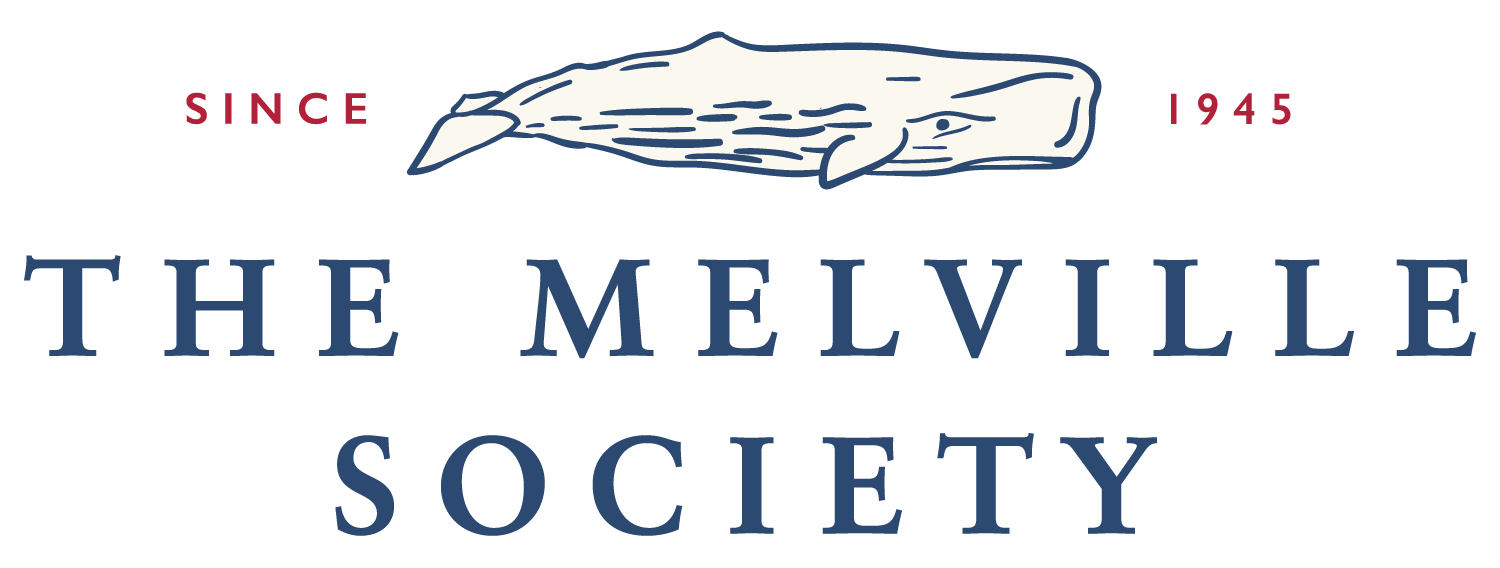Call For Papers: Melville Society Panels at MLA 2025
The Melville Society is sponsoring two panels for the 2025 Modern Language Association annual convention, which will be held in New Orleans, January 9-12, 2025.
Submission guidelines, including deadlines, for each panel’s call are below:
Sounding Melville
Halfway into Pierre, Melville’s narrator celebrates silence, that “most harmless and [ ] most awful thing in all nature,” as “the only voice of our God.” Yet his works generally resonate with manifold sonic qualities, so as to echo Jacques Attali’s words in Noise: The Political Economy of Music: “the world is not for the beholding. It is for hearing. It is not legible, but audible.” In Melville, illegibility or “unreadability” is often tied to sound or, rather, to unparsed noise; his works often leave us, as the narrator of “The Apple-Tree Table” says, in a condition of “auricular suspense.” Think of the forbidding cymbaling of the hatchet-polishers, or the ominous strokes of the forecastle bell, that punctuates the narrative in “Benito Cereno.” Think of the cadenced crowing of the cock Beneventano in “Cock-A-Doodle-Doo!” Melville famously relishes inarticulateness and dysfluency: from the murmuring of Isabel’s guitar; to Billy’s stutter, where atypical music and/or speech become the mark of the (racially, cognitively) diverse—consider, too, Pip’s tambourine and his “crazy-witty” muttering; or Carlo’s melancholic organ in Redburn. Melville pays inordinate attention to the ear as the physical site of hearing, and sound becomes strangely material; haptic, palpable. The Articles of War fall on White-Jacket’s ears (described as “belfries full of tocsins”) “like the intermitting discharge of artillery”; A “buzzing in the ear” materializes into ancient and beautiful bugs emerging from an old apple-tree table; Beautiful Polynesian vocal sounds turn into threatening ear-marking, in a tattoo beaten upon the tympanum in the Typee valley.
This panel seeks to fathom the aesthetic and interpretive potential of sound and to foster a conversation about the aural dimension of Melville’s works, broadly construed. How does the aural relate to other sensory modalities? What to make of the absence of sound? How does Melville’s prose and poetry sound in translation? How does Melville reconceptualize difference in auditory terms? How do his works negotiate the relationship between musicality, sound, and noise? Do they perpetuate, or challenge, “colonial listening” practices? Is unparsed noise a site of resistance, of social and racial contestation? Approaches may include, but are not limited to, Sound Studies, Soundscapes, Cognitive Poetics, Embodiment, New Materialisms, Affect Theory, Disability Studies, Queer Sound Studies, Indigenous Sound Studies, as well as historicist and biographical approaches.
Please send 200-word abstracts and CVs to Pilar Martínez Benedí (p.martinezbenedi@gmail.com) by March 5th, 2024
Queer Melville, and Beyond
Are we finished queering Melville? Two generations of queer theorists have demonstrated how Melville’s textual energies are not only poetic, fictional, and material but also queer. Is there anything left to say?
This panel calls for papers that work to broaden, challenge, or entirely transform the interpretative, methodological and/or geographical scope of queer and trans relations to Melville Studies, essays that attend to the afterlives of past taxonomies, or that place trans and queer heuristics in dialogue with other modes of reading Melville’s texts (such as ecology, perception, historiography), or continue to play with the Melville’s relentless configurations of bodies, (im)perceptions, animals, objects, and things from feminist, critical race, and queer transnational studies approaches.
Please send 250-word abstracts and a CV to Dana Seitler at d.seitler@utoronto by March 7, 2024
For more details on the 2025 MLA convention, see https://www.mla.org/Events/2025-MLA-Convention

